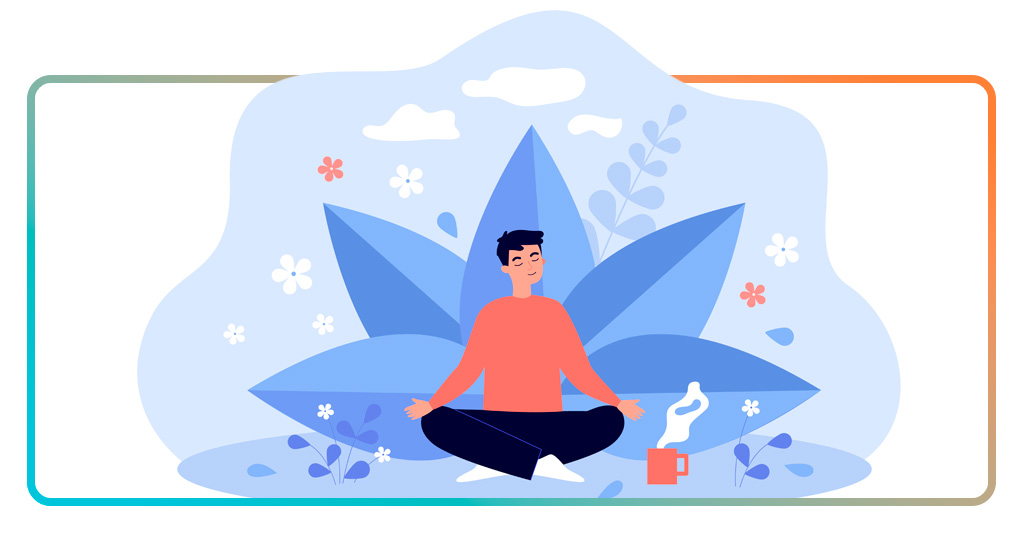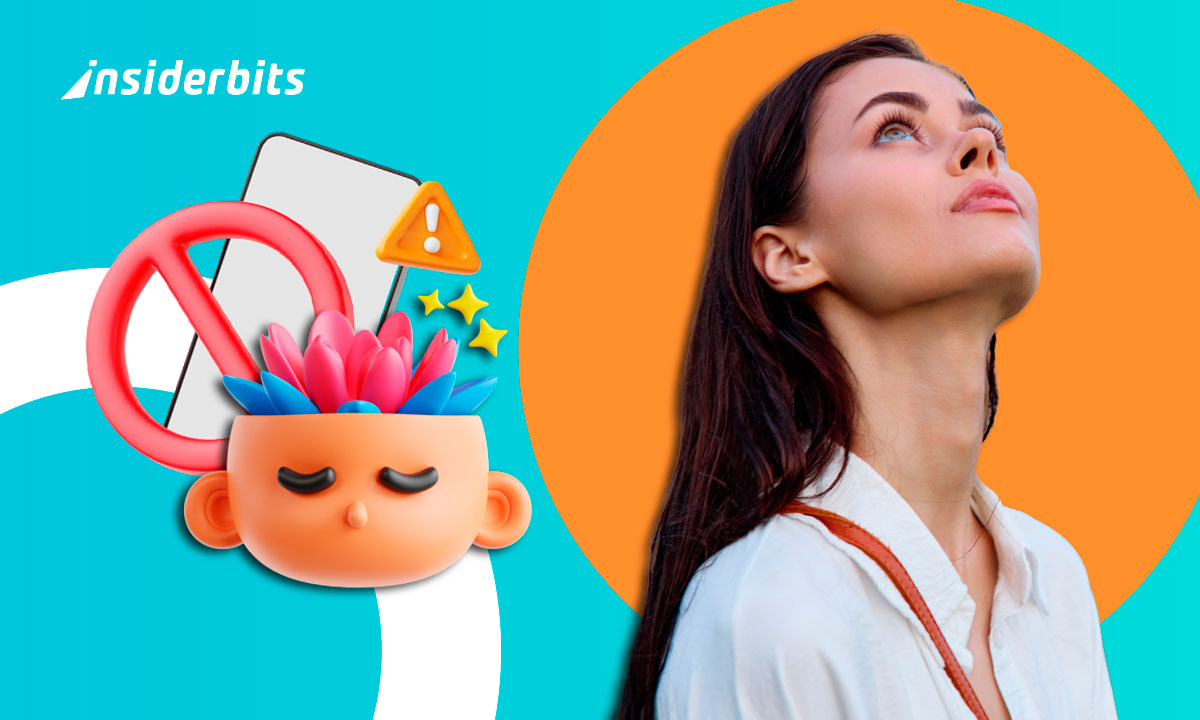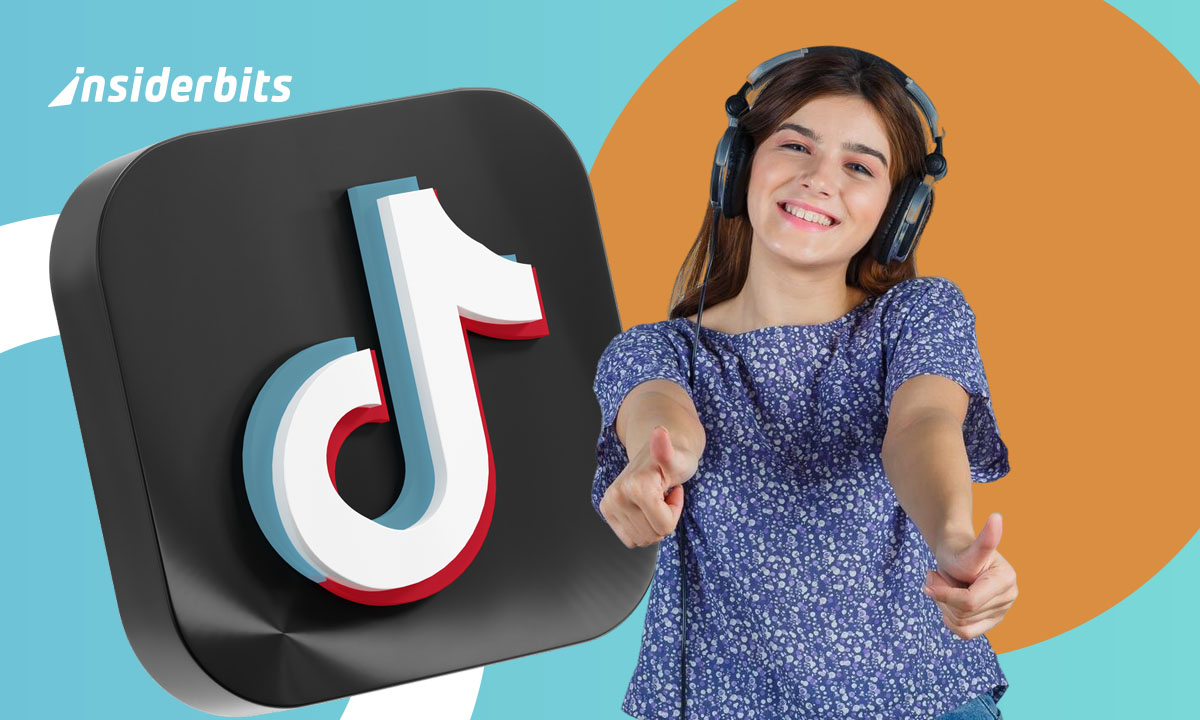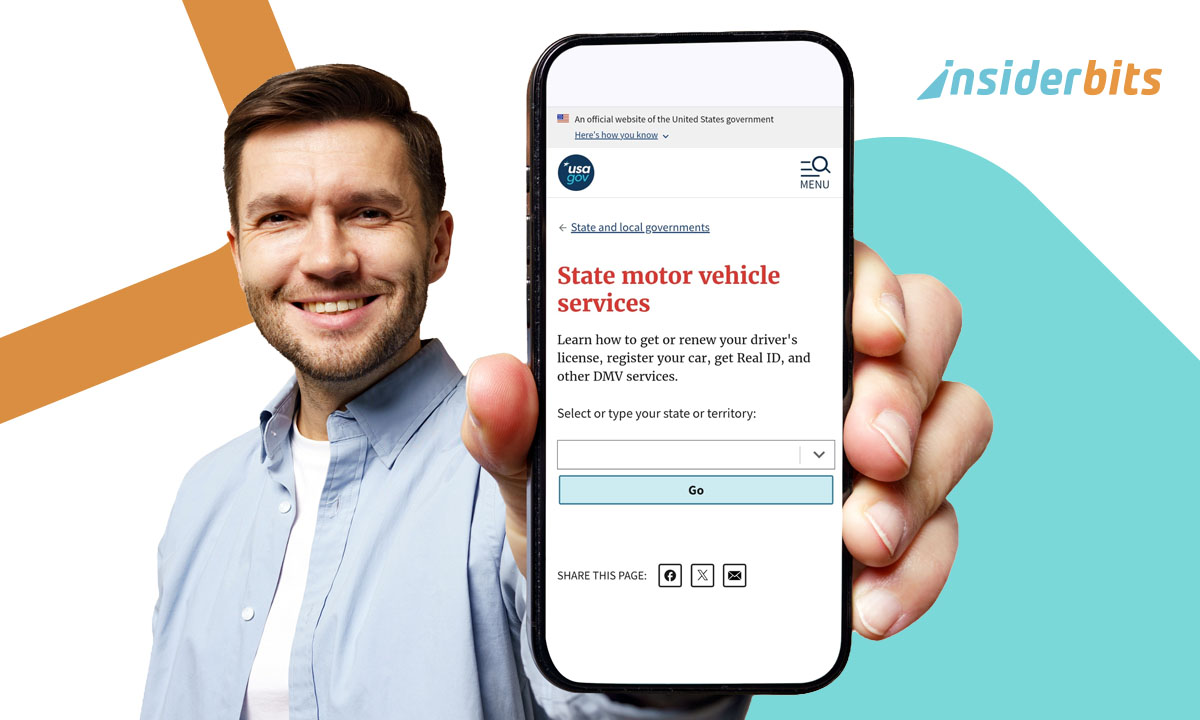Slow tech represents a shift from digital overload toward thoughtful technology that supports mental well-being without overwhelming users. This movement values purpose in tech usage, encouraging healthier habits over endless scrolling and fragmented attention.
Embracing the slow tech mindset fosters balance and restores personal time lost to hyperconnectivity.
It opens the door to healthier relationships with our screens through platforms designed to slow us down, not speed us up.

- Mindful Productivity Apps: Achieve More Without Burning Out
- Kultivieren Sie Achtsamkeit in Ihrem täglichen Leben mit Achtsamkeit und Yoga
- Meditation Apps for Kids: Mindful Play
What Is Slow Tech and Why Does It Matter?
Slow tech encourages meaningful and intentional digital interactions that nurture deep focus, sustained presence, emotional regulation, and a sense of inner balance amid nonstop connectivity and digital pressure
Its philosophy challenges mainstream tech trends designed to exploit dopamine feedback loops, which often lead to compulsive usage, and increased anxiety across various age groups and user profiles
Therefore, mindful use of technology becomes essential as connected devices integrate into every layer of daily life.
From professional routines and educational tasks to emotional coping mechanisms and personal relationships.
In summary, rather than rejecting technology, slow tech promotes redesigning usage patterns in ways that protect cognitive resources and strengthen emotional well-being.
The Impact of Instant Gratification on Mental Health
First of all, you need to know that quick digital rewards condition the brain to seek constant stimulation, weakening patience, narrowing attention span, and reducing the ability to engage with slow, meaningful tasks over time.
For that reason, if a user grows accustomed to instant feedback, they face emotional fatigue, and an increased need for short-term pleasure, which disrupts mental clarity.
Moreover, studies have linked overstimulation to burnout symptoms and rising anxiety levels, especially among younger users exposed to excessive screen time from an early age.
Consequently, this neurological pattern creates a loop where seeking relief through screens ultimately deepens mental exhaustion.
Best Slow Tech Apps for a More Mindful Digital Life
Each slow tech app highlighted here supports healthier digital habits through design choices that emphasize mental health.
Their tools replace overstimulation with balance. Instead of demanding constant interaction, they invite deeper attention through thoughtful experiences.
Headspace: Meditation & Schlaf
Kopfraum offers a structured approach to mindfulness with guided meditations, breathing exercises, and mental reset sessions designed to ease stress and center attention.
Its clean interface allows users to explore themes like productivity, compassion, and anxiety relief without becoming overwhelmed or distracted during navigation.
The app supports habit formation through programs like the Daily Calm, encouraging consistency and growth without performance pressure or rigid goals.
It creates space for stillness while reinforcing presence and self-awareness in moments that might otherwise be lost to digital noise.
4.8/5
Beruhigen Sie
Beruhigen Sie stands out for its ambient soundtracks and emotional well-being practices that help users unwind and detach from overstimulating routines.
It encourages rest and reflection, replacing late-night screen time with gentle melodic nature sounds and guided wind-down sessions.
As a consequence, the app’s soothing atmosphere invites users to transition from stress to serenity, building rituals around self-care and deep rest.
Its design favors simplicity and warmth, which turns every interaction into a chance to breathe more deeply and think more clearly.
4.7/5
Insight Timer – Meditation App
Insight Timer provides one of the largest free meditation libraries available, offering thousands of guided sessions and talks from teachers around the world.
Its open-access model removes barriers to mindfulness, giving users the freedom to explore at their own rhythm without feeling tied to subscriptions or paywalls.
Also, the app fosters community and self-exploration through live events.
Lastly, Insight Timer supports a slower digital pace while inviting reflection and healing in an environment free from commercial urgency.
4.9/5
How to Incorporate Slow Tech into Your Daily Routine
Firstly, what everyone needs to do is establish screen-free zones during key moments of the day.
This action allows the mind to reset, making room for personal reflection, uninterrupted tasks, and greater awareness of real-world surroundings.
Then, using minimalist tools and decluttered app interfaces supports intentional engagement with digital devices and reduces decision fatigue in over stimulating environments.
In summary, small adjustments build momentum toward healthier digital rhythms.
The Future of Slow Tech in a Hyperconnected World
As individuals seek relief from digital fatigue, slow tech emerges as a movement capable of guiding innovation toward ethical design and more human-centered digital ecosystems.
Developers are beginning to prioritize well-being metrics, exploring interface choices that encourage reflection, screen breaks, and conscious usage rather than passive scrolling
Future technologies may embed built-in nudges for mindfulness. The momentum is growing for digital experiences that restore rather than drain mental energy.
Slow Tech: Apps Embracing Mindfulness Over Instant Gratification – Conclusion
Slow tech presents an invitation to rethink our digital lives and engage more thoughtfully with the technology we use every day.
With the apps listed above, Headspace, Calm, and Insight Timer, it’s possible to create moments of stillness that improve attention and inner calm.
This mindset turns screen time into recovery time, transforming devices from stress triggers into allies in the search for peace.
Verwandt: Digitale Entgiftung: Die besten Apps für die Entgiftung im Jahr 2025
Enjoyed this article? Save the Insiderbits blog to your favorites for the latest on mental wellness and expert app insights!




